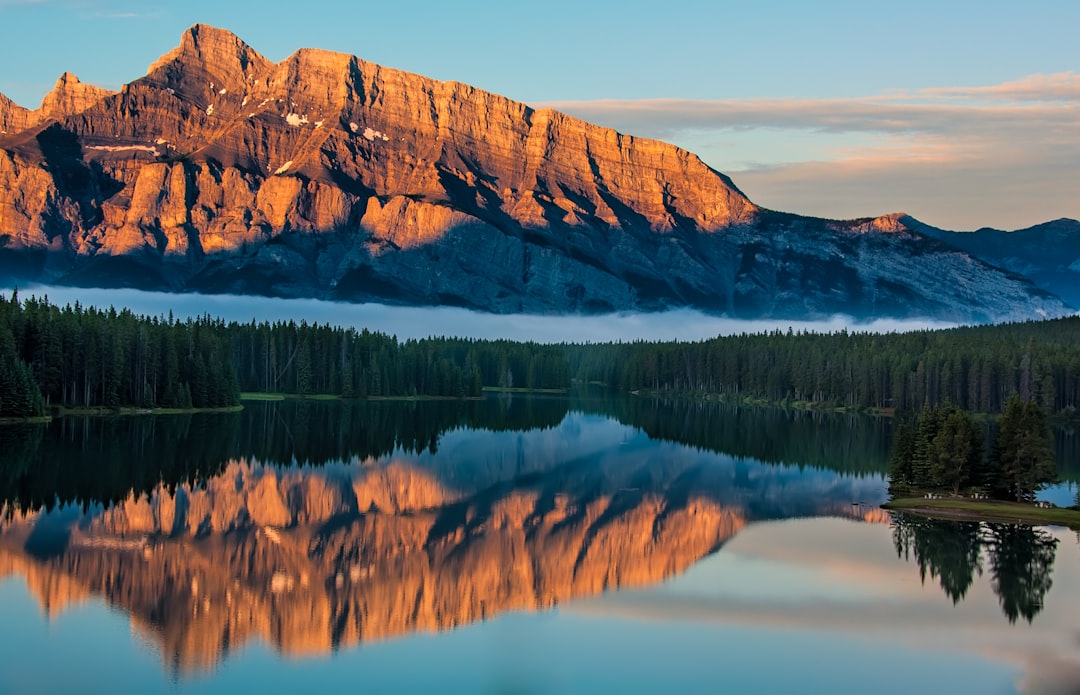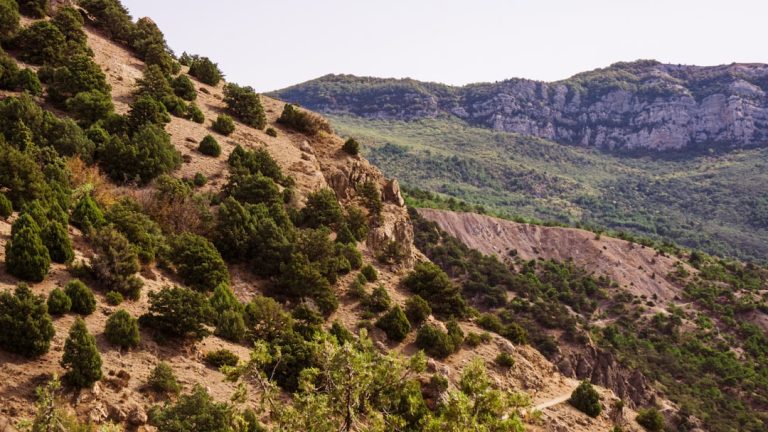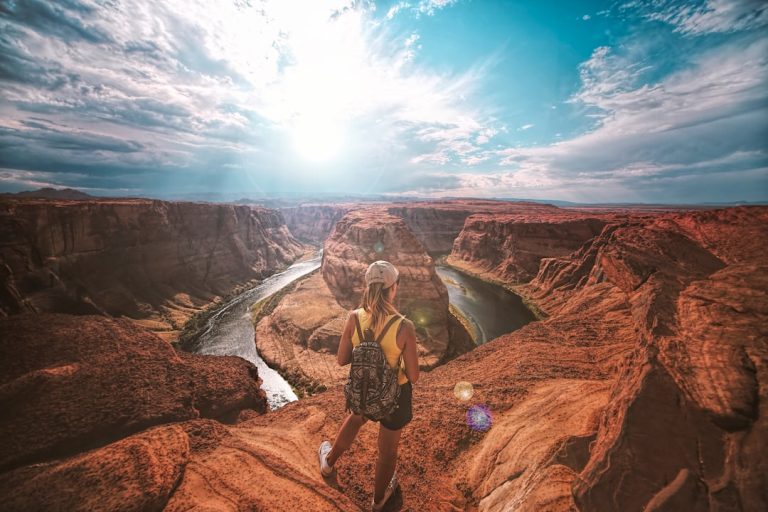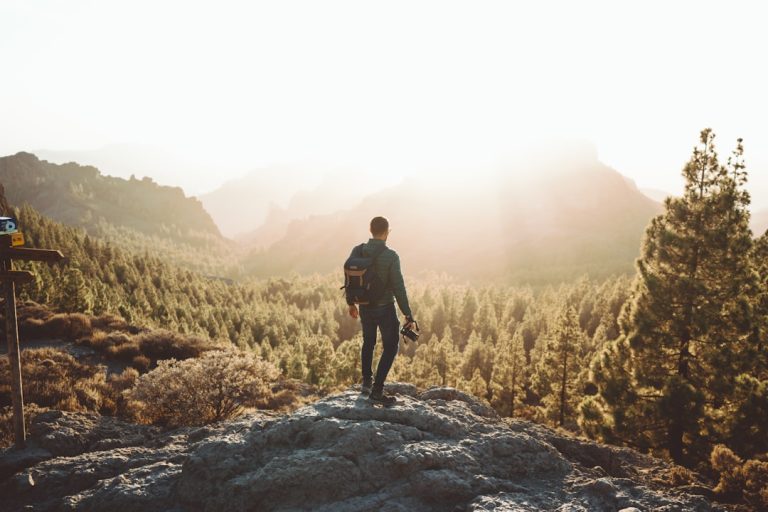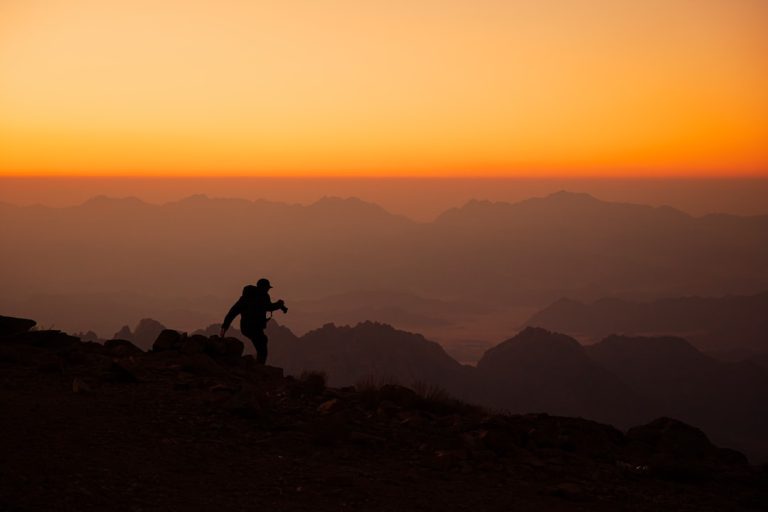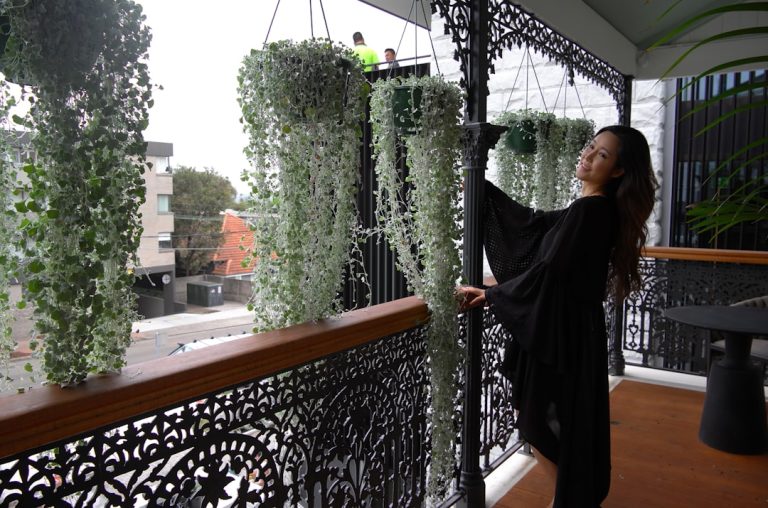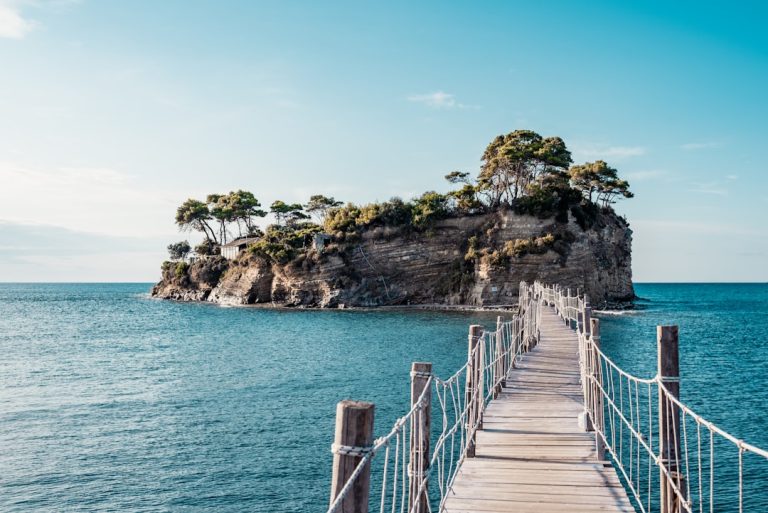In a world bustling with digital distractions and relentless schedules, the minimalist camping trend is quietly gaining traction among outdoor enthusiasts. It’s not just about packing light; it’s about finding freedom in simplicity and experiencing nature in its raw, untouched form. Imagine a camping trip where you bring only the essentials—a tent, a sleeping bag, a trusty knife, and some food. Minimalist camping strips away the excess, allowing you to focus on the pure experience of the outdoors.
The minimalist camping movement is not just for seasoned adventurers; it’s for anyone seeking a break from the chaos of everyday life. It offers a chance to reconnect with nature and, perhaps more importantly, with oneself. This style of camping encourages you to rely on your instincts, creativity, and resourcefulness. Without the usual gadgets and comforts, you’re left with the beauty of the wilderness and your own ingenuity.
Preparing for a minimalist camping trip requires a shift in mindset. The first step is to prioritize what’s truly necessary. This means leaving behind those extra pairs of shoes and the heavy-duty cooking equipment. Instead, opt for multi-purpose items. A good example is a lightweight tarp, which can serve as a shelter, a ground cover, or even a rain poncho.
Food choices also play a crucial role in minimalist camping. Consider packing nutrient-dense foods that are easy to carry and require minimal preparation, such as nuts, dried fruits, and jerky. If you’re venturing into areas with available resources, learn about edible plants or fishing techniques to enhance your self-sufficiency.
Safety should always be a priority, even when embracing minimalism. Make sure you have a reliable map and compass, and inform someone of your plans before you set off. A first-aid kit, although minimal, is a must. Remember, minimalist camping doesn’t mean taking unnecessary risks; it’s about maximizing the experience with the least impact on the environment.
This approach to camping also aligns well with eco-friendly practices. By reducing what you bring, you reduce waste and minimize your footprint on the natural environment. Carry out what you carry in, and leave no trace to preserve the beauty of nature for future adventurers.
The psychological benefits of minimalist camping are profound. Stripping back to the basics allows your mind to wander, unencumbered by the usual noise. It’s an opportunity for introspection and mindfulness, offering a chance to breathe deeply and simply be present in the moment. For many, this leads to a newfound appreciation for the small wonders of the world—a sunrise over the mountains, the sound of a babbling brook, or the intricate pattern of leaves against the sky.
Whether you’re a seasoned camper looking for a new challenge or a city dweller yearning for simplicity, minimalist camping offers a refreshing perspective. It’s a reminder that, in a world of excess, sometimes less truly is more. So pack your essentials, leave the rest behind, and embrace the wild with open arms.
